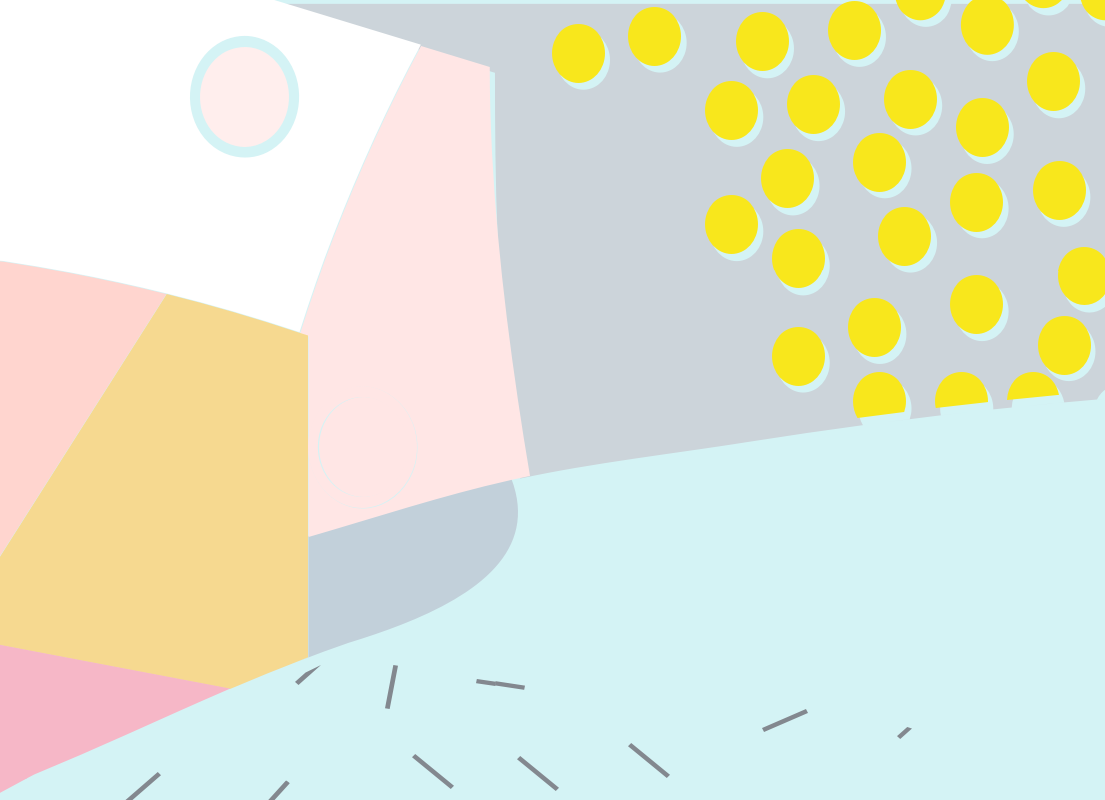Have you ever asked yourself how euros or Bitcoins travel over the Internet? Probably not. It’s only their final destination you care about.
Half of the world does not even have a bank account. Despite living on less than two dollars a day, they must nevertheless pay the high fees of banking transactions. Banks have gained strength over the years, so they maintain control over us. It’s expensive to be poor. There’s also a huge gap when it comes to the economic participation of different classes of people in wider business. We require concrete intervention in financial infrastructure.
Crypto fans are thus confident that cryptocurrencies will soon replace money.
One of the reasons for their steep growth are also higher yields. However, the Blockchain world does not consist merely of trading and price speculation. It enables faster transactions, lower operating costs, decentralization and transparency. But its story is only beginning.
If we look back into the past, banking transactions have expanded from kings to all of us ordinary mortals. Over the years, we have gained more and more financial transaction options, nevertheless some problems remain. Just imagine: when you want to send dollars to your grandmother overseas, this requires a visit to a bank. Some banks implement business with the dollar upon personal request, others require an additional signature component. Unusual actions just cannot be arranged online. For each conversion of dollars into euros, one must again go to a bank, fill out a form and wait for the euros to show up on our current account.
The story is quite different in the crypto world.
Blockchain has shaken up the banking sector. To make it easier for us. So that our grandmother can receive money in a digital wallet within a few seconds, thus being able to use it during holidays and weekends. The same applies if we send money to a friend in India. No matter from which caste, they can receive cryptocurrency. They only need the Internet and an electronic device. Classes do not exist in the crypto world. We can do business without intermediaries.
But all is not that rosy.
Consider users who have no idea how the Internet works. Most of the time, this applies to the older population. They’re afraid that they will click on the wrong button and lose their money. Electronic correspondence already represents a challenge for them, and they don’t consider banking applications to be safe. Their motivation for entering the crypto world can be found in yields, but often they stop at registration. And go no further. They become lost in the flood of unfamiliar names, graphs and incomprehensible user interfaces. They google for help, but the Internet is full of black holes. Trusted information is difficult to ferret out and separate from false information. No wonder they are sceptical and prefer not to trust the technology. But this is so with every historical change. The arrival of electricity meant the burning down of our houses. The arrival of ATMs bothered them because they didn’t believe the machine would really eject banknotes. The same applies to cryptocurrencies.
We bag the biggest goat because quality is measured by the number of likes. This in itself would not be disputable if these likes weren’t often purchased.
Brokers thus hold a high added value for average users. Banks enable simpler, though much more time-consuming and costlier transactions. Safety is also guaranteed when errors, unauthorised access or loss of funds occur.
If we exclude brokers from the process, they’re gone and we are now responsible for our actions. There’s no way back if we miss a character when copying the recipient’s address or our user data is shared with the wrong people. We have no one to cry to when something goes wrong. Once we confirm a transaction, it will remain on Blockchain forever. If applications were clearly designed, these problems would not occur.
Social networks which are becoming the sole source for many, are creating ideological bunkers.
Algorithms polarize opinions which we and our friends follow and like. More and more opinions similar to our own fill our wall, confirming our thinking. We begin to live in a soap bubble. We don’t receive any other information. And that’s not all. Eventually, our friends’ published articles and statuses become our guiding principle for investments, our lives and the future. We no longer contemplate what is right, what we ourselves know or where information can be verified. We bag the biggest goat because quality is measured by the number of likes. This in itself would not be disputable if these likes weren’t often purchased. Both sides are now at a disadvantage. On the one hand, users because they pay dearly for their naivety. On the other, companies which thus don’t receive visits to their websites, let alone visits to relevant application users. It makes sense to build a community, which will help build a better application to obtain argumentative user comments, but not one which creates a distorted image of our company.
In short, we need to become acquainted with more worlds, hear more voices. Only when we understand our target group, can we draw it closer to our service or product. Integrity and authenticity should be serially installed on company drives, whether crypto or agricultural.
Keep in mind that it is impossible to make eggs from omelettes.
Post was originally published on Svet Kapitala.



